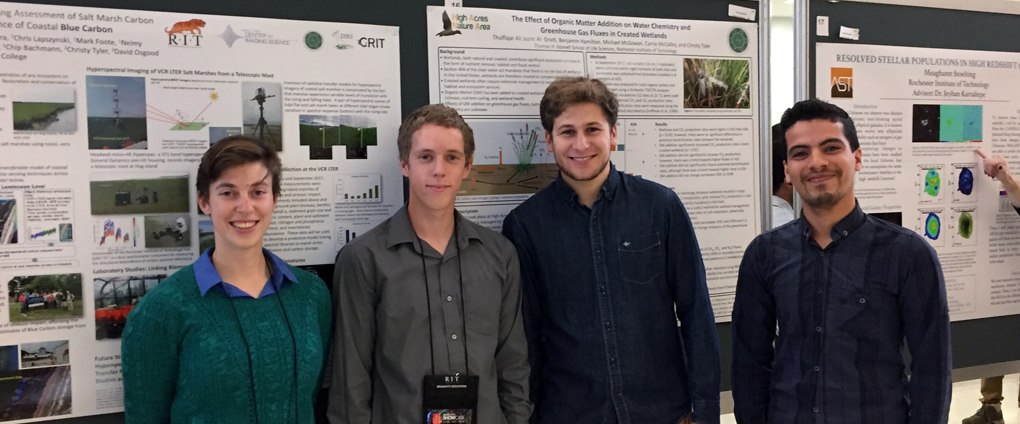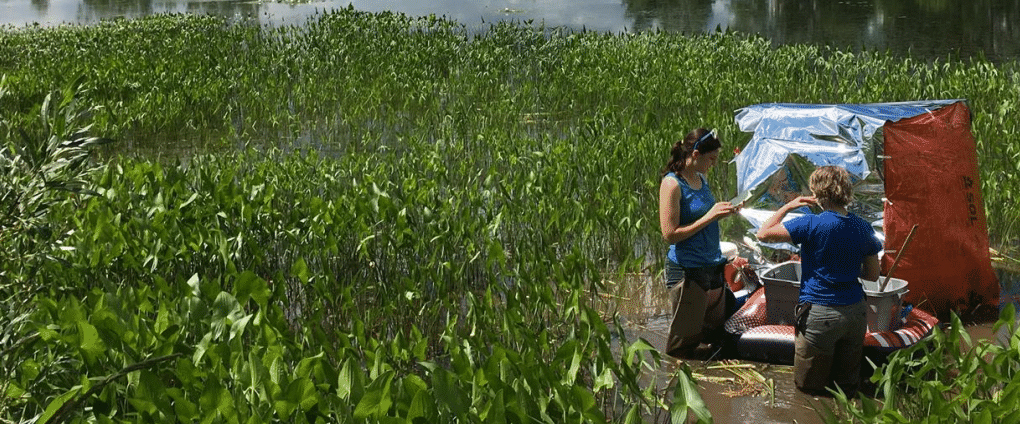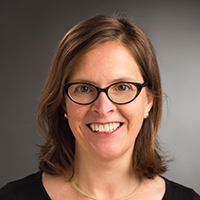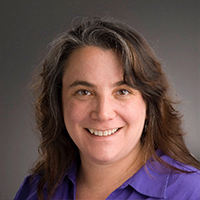Interdisciplinary Problem Solving

Interdisciplinary Problem Solving in Human-Dominated Wetland Ecosystems
Contact
A184 Ross Hall
Principle Investigator
A186 Ross Hall
Co-Principle Investigator
Understanding and solving environmental challenges increasingly requires a combination of expertise from across multiple disciplines.
Overview
This Research Experiences for Undergraduates (REU) program emphasizes engaging students in interdisciplinary earth systems research that builds collaboration and communication skills for solving complex environmental problems. We will use wetland restoration as a lens through which participants will get hands-on experience in studying the interactions between science and society that shape ecosystem functions and services.
Projects will be grouped into interdisciplinary research clusters that include the following approaches: (i) biogeochemistry and ecology, (ii) sociological feedbacks, and (iii) geospatial patterns and scaling. This summer research experience centers around four key components (1) mentored research projects, (2) interdisciplinary skill development, (3) professional development workshops, and (4) scientific communication and outreach.
This 10-week program will run from May 28 - August 3, 2024.
Who Should Apply

This program is for students who are enrolled in a college or university, including community college, and who will not yet have completed their undergraduate degree by the end of the summer session. This program is particularly well suited for students who will be completing their second or third year and who have limited access to earth science or environmental science research opportunities at their home institution. This is an interdisciplinary program and we welcome participants from all academic majors who are interested in environmental science questions. We encourage women, members of under-represented minorities, and deaf or hard-of-hearing students to apply. NSF funding requirements restrict participation to students who are US citizens, US nationals, or permanent residents.
Career Development
Students will participate in weekly workshops focusing on both interdisciplinary research skills and professional development. Skills workshops are designed to expose all participants to the wide range of approaches that are used in interdisciplinary earth science research, with topics ranging from sequencing to remote sensing. Professional development workshops will focus on scientific best practices and communication skills and will culminate in activities where students will disseminate their research in a range of settings, including youth programs, community events, and RIT’s undergraduate research symposium.
Research Projects and Mentors

Freshwater wetlands are valued for services that include carbon sequestration, nutrient removal and habitat provisioning, but are also significant sources of greenhouse gases. As landscapes rapidly urbanize these ecosystems are increasingly beset by complex environmental forces (land-use change, pollution, species invasion, climate change, etc…) that need to be addressed with interdisciplinary approaches that consider sociological interactions and landscape heterogeneity.
Students will work in interdisciplinary research clusters to address one of the following questions:
The relationship between extrinsic and intrinsic drivers and ecosystem structure and function.
This project builds on ongoing collaborative research efforts that seek to understand the structure and function of wetlands along an urban-rural gradient. Interdisciplinary research clusters will address the relationship between land-use history and emergent functions in created wetlands and how surrounding land-use impacts wetland function and success.
The role of ‘top-down’ vs ‘bottom-up’ control over ecosystem function and restoration success in constructed wetlands.
This project utilizes ongoing large-scale manipulative experiments to disentangle interactions among ‘top-down’ and ‘bottom-up’ drivers and their impact on wetland structure and function. Interdisciplinary project clusters will utilize experiments that address the impacts of grazers and soil amendment on wetland function and restoration success.
The utility and limits of assessing and scaling ecosystem structure and function in small, heterogeneous wetlands.
This interdisciplinary project focuses on research gaps in our understanding of how to characterize and scale ecosystem properties in complex, heterogeneous habitats embedded within human dominated landscapes. Students will work on integrating field data with remote sensing imagery and modeling approaches. Interdisciplinary project clusters will address questions related to the scale we need to sample a wetland in order to derive useful information about its function and the tools that can be used to assess wetland functions and services.
Within a research cluster, participants will be paired with a mentor and a disciplinary approach. Research clusters listed below:
Potential projects could approach research questions using tools that include (i) spatial analyses and Geographic Information Systems (GIS) applications, (ii) remote sensing technologies, including fine-scale 3D vegetation structure and hyperspectral imaging statistics, and (iii) data integration, hypothesis testing, and scaling using ecosystem modeling approaches.
Mentors:
Potential projects could approach research questions using tools that include (i) nutrient chemistry, retention and removal, (ii) organic matter quantity and quality, (iii) greenhouse gas fluxes and ecosystem metabolism, (iv) microbial community composition, (v) vegetation biomass and diversity.
Mentors:
Potential projects at the socio-ecological nexus could include: (i) assessment of intent, knowledge, experience, and perception of various stakeholders in the wetland watershed and relationship to landscape development, connectivity and openness (ii) emerging socio-ecological risks and opportunities associated with developmental trajectories of urban wetlands, and (iii) relationship between stakeholder involvement, ecosystem management, and ecological state.
Mentors:
|
Evelyn Brister |
|

















